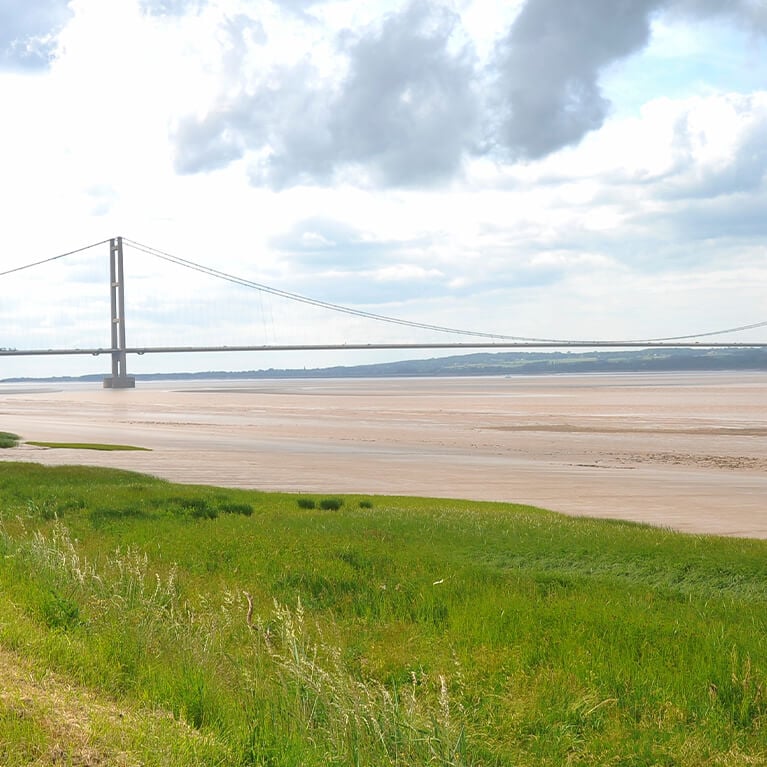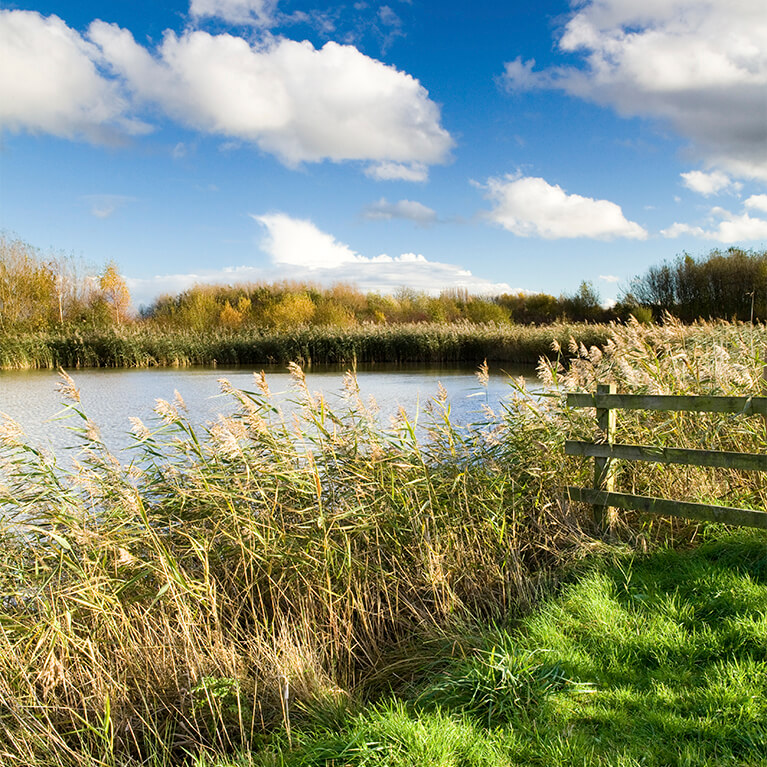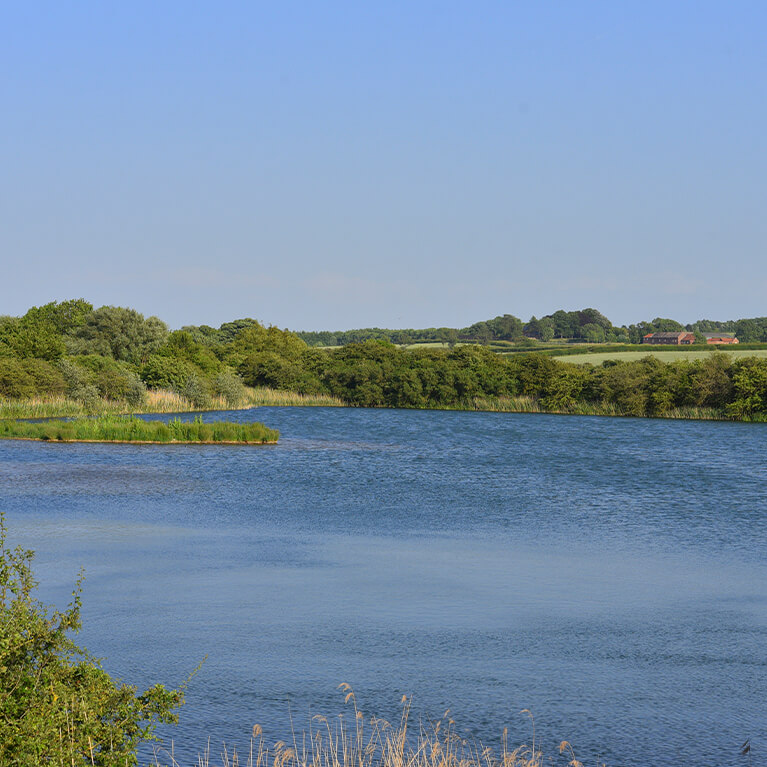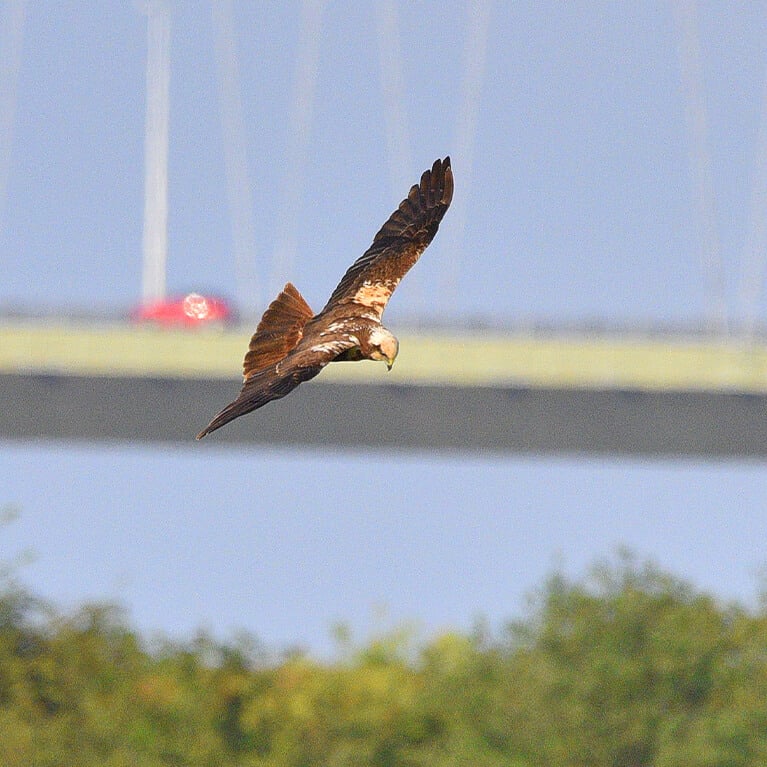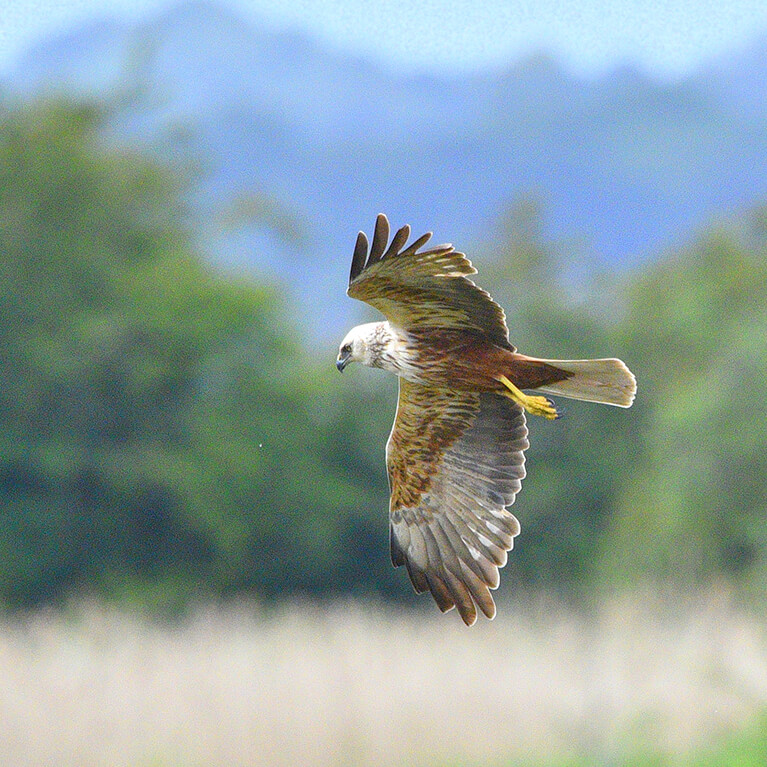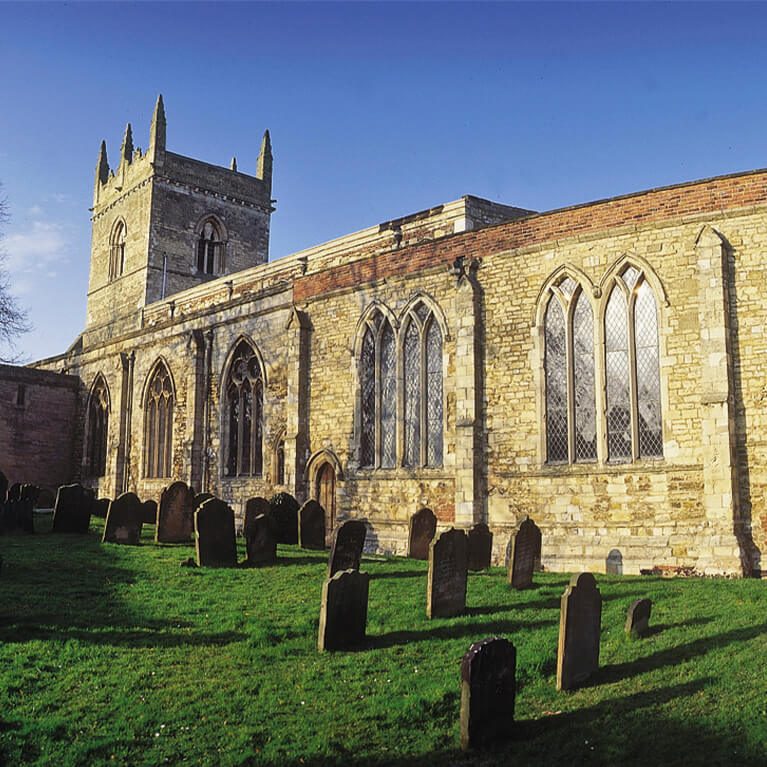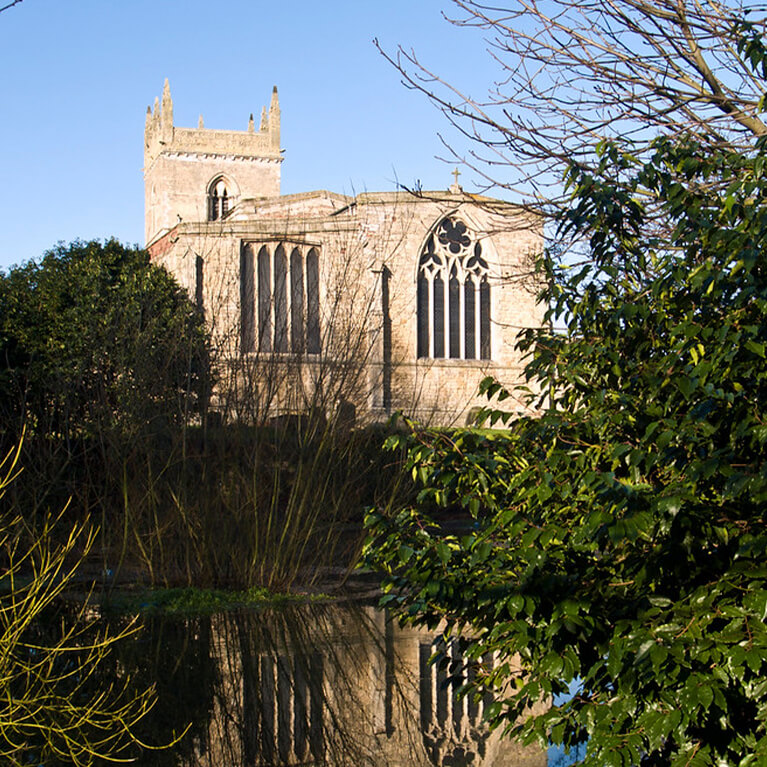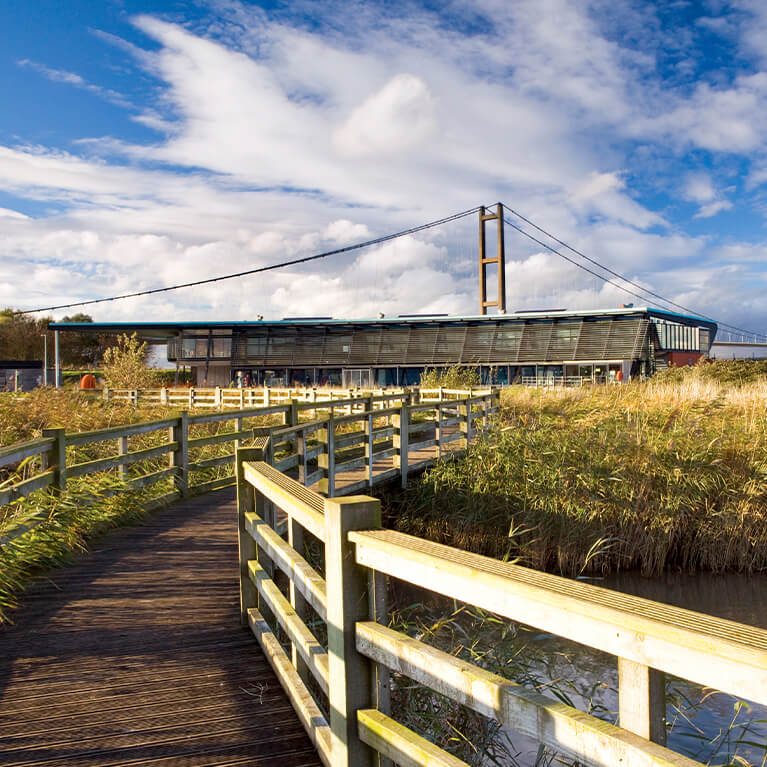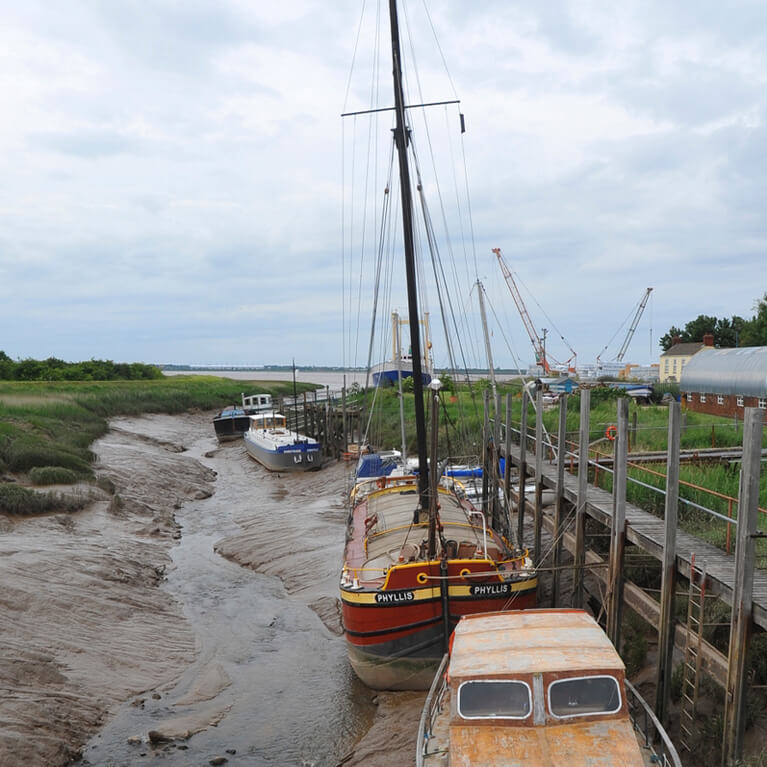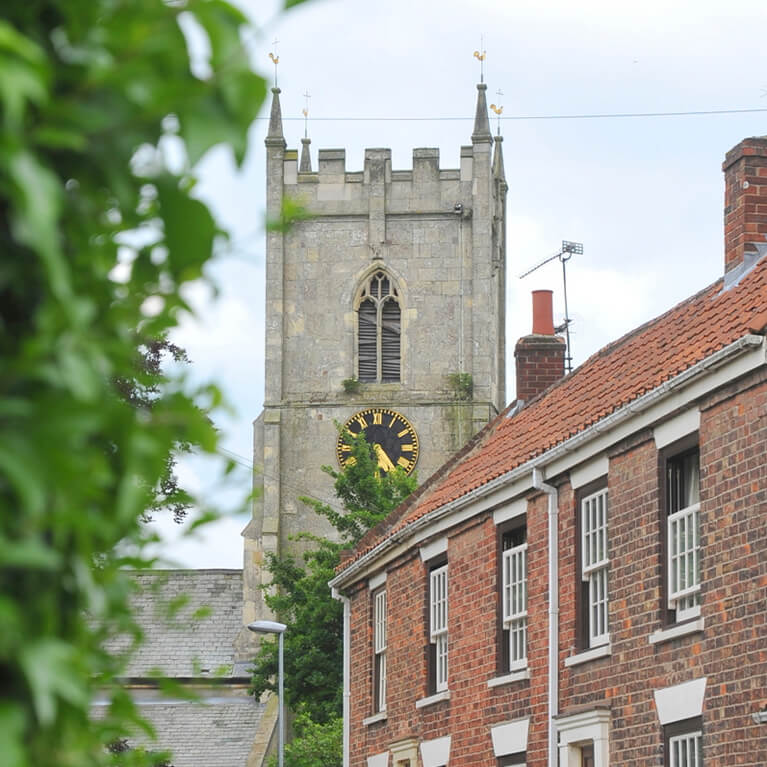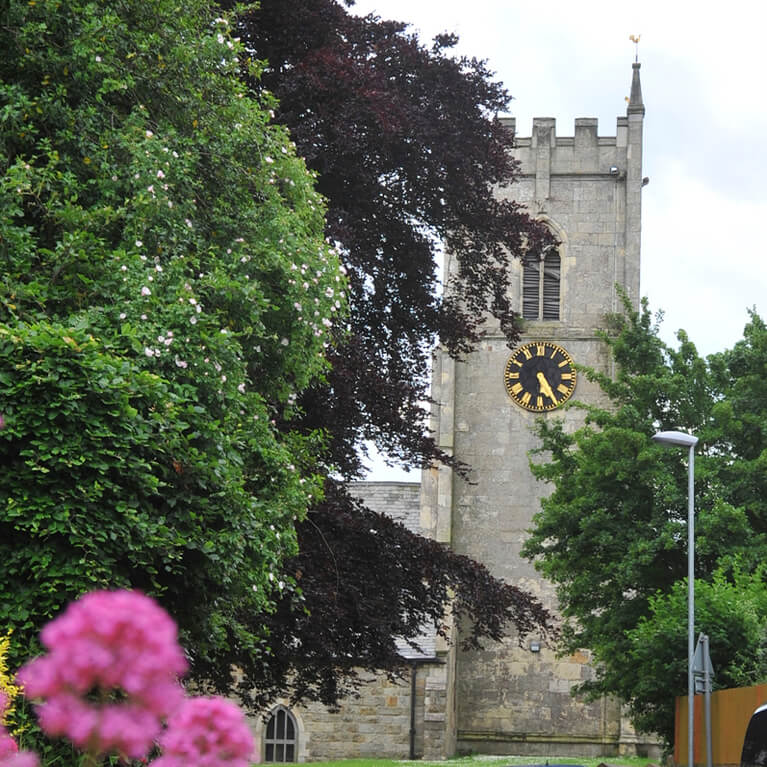scenic town with rich history and nature reserves
Since at least the time of the Domesday Book, Barton has depended on the mighty River Humber to generate its wealth. Barton once outranked Hull as a port. But as the sea retreated, other ports took on its role and the two ancient churches of St Peter and St Mary were left stranded. St Peter’s is one of England’s finest Saxon churches, its tower unaltered from the 10th century. St Mary is largely from the 12th century and is in the Early English style. Barton’s historic streets are lined with attractive Georgian properties.
Riverbank clays proved particularly suitable for brick and tile making, the worked out claypits, now flooded, have become the nature reserve of Far Ings and Waters’ Edge Country Park and Visitor Centre, both with excellent birdwatching opportunities such as bitterns, marsh harrier and bearded tits.
SPECIAL TO Barton-upon-Humber
Far Ings and Waters’ Edge Nature Reserves
St Peter’s and St Mary’s
Start of the Viking Way
things to do in the Barton area
Forest Pines Hotel, Spa & Golf Resort by The QHotels Collection
Medieval Maze and Victorian Splendour Cycle Route
Owston Ferry Smithy Museum & Heritage Centre
Play Avenue – Role Play Centre
Far Ings National Nature Reserve Birdwatching
Messingham Sand Quarry Birdwatching
Messingham Sand Quarry Nature Reserve
‘Tails’ of the Riverbank Cycle Route
In Search of the Lost Don Cycle Route
Iron and Agriculture Cycle Route
Mysteries of the Marshes Cycle Route
Sandhills and Windmills Cycle Route
The Humber Bridge
The Humber Bridge is a 1.38mile (2.2km) single span road suspension bridge. When it opened in 1981 and for the next 17 years, it was the longest of its type in the world. The south tower is in the water and descends to 118’ (36m) due to the shifting sandbanks of the estuary. The 147 mile long distance path, the Viking Way, begins at the Humber Bridge.
nearby
The Ropewalk
Nearby is the amazing 450-yard-long Ropewalk – ropemaking was a former local industry – it was built in 1767 and now converted into art and craft galleries.
places to stay near Barton-upon-Humber
Did you know?
The village of Barrow upon Humber is 3 miles from Barton and although it seems an unlikely place to kindle great scientific advances is where John Harrison lived until 1736.
A clockmaker, he turned his attention to the difficulty of determining the time at sea and hence a ships accurate longitudinal position. In 1714 the Admiralty offered a prize equating to £1m in today’s money to solve the longitude problem and Harrison determined that he was the one to do it. He did, but then had to surmount the political machinations to obtain his reward. Harrison revolutionised navigation and the safety of long-distance travel by sea. Barrow’s Holy Trinity church contains a small exhibition about Harrison. Harrison was voted 39th in a BBC poll of the 100 Greatest Britons.
more about the North Countryside
Discover more information about things to do, food and drink and places to stay in the area.
